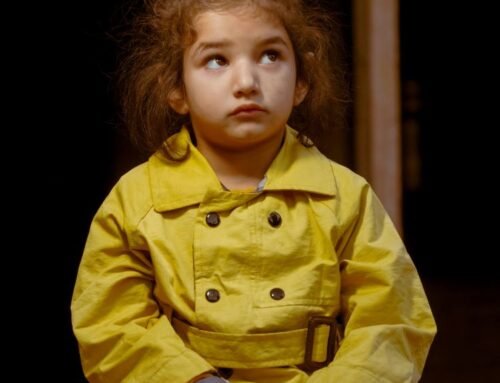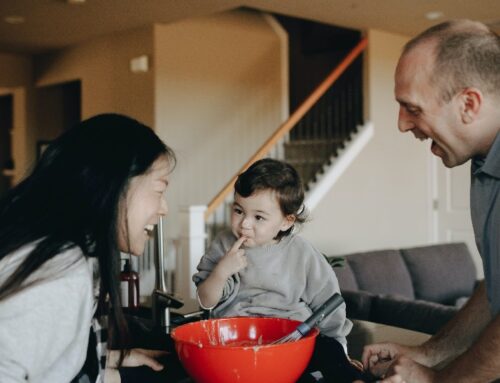 Childhood is a time of innocence. It is a time of playfulness and carefree attitudes.
Childhood is a time of innocence. It is a time of playfulness and carefree attitudes.
As a child, your main goals are to have fun, make memories, and lay the groundwork for who you’ll become later in life. There shouldn’t be a care or worry in your world during those formative years.
Unfortunately, life sometimes has other plans. When you experience trauma at a young age, it isn’t something that can be brushed under the rug and forgotten about. If that trauma goes unprocessed or unmanaged, there could be lasting effects that begin to appear later in the adult years.
Here are some of the common ways trauma can present itself.
Predisposition to Mental Health and Mood Disorders
Trauma at any age can come with a heavy weight to carry. As a child, it can be a disastrous burden when you don’t have the emotional development or the proper tools to manage.
You might be juggling feelings of hopelessness, despair, anger, fear, shame, or guilt. Any and all of these negatively charged emotions can build up and become a secondary issue. Not addressing your feelings can result in PTSD, anxiety, and/or depression. In some instances, suicidal ideation can occur.
Generally, mental health or mood disorders don’t appear out of nowhere. If you’re experiencing your own version of a mood disorder, it is helpful to trace your systems to find the root cause.
State of Hypervigilance
After a trauma, your mind and body hold onto that experience and emotions. If you haven’t properly dealt with them, they will get tucked away somewhere in your subconscious until a later date and time. One emotion that it presents itself as is a fear state.
Hypervigilance can be described as excessive fear, which causes you to constantly look over your shoulder. Your nervous system remains on overdrive, and your brain is always spinning.
When you find yourself in an uncomfortable situation, that can trigger those pent-up emotions, and your reaction may even surprise you. Often anxiety and/or panic attacks arise. You worry about things that aren’t that problematic and don’t deserve your energy and efforts. The fear finds a way to take control.
Effects on Physical Health
 Stress resulting from a traumatic experience, especially one that occurred during childhood, takes a lot of time to find ways to take its toll on your body. Prolonged stress can exacerbate pre-existing medical conditions and can be a contributing factor for new ones.
Stress resulting from a traumatic experience, especially one that occurred during childhood, takes a lot of time to find ways to take its toll on your body. Prolonged stress can exacerbate pre-existing medical conditions and can be a contributing factor for new ones.
It isn’t uncommon to see stomach and gastrointestinal issues when dealing with a heavy stress load. Your nutrition and hydration can become disrupted, which has additional effects on bodily functioning. Stress can also reduce your immune system’s response to fighting off illnesses and ailments.
Impact on Future Relationships
Traumatic experiences oftentimes create deep and painful wounds. There may be a part of you that you perceive to be broken. That can take time to heal fully.
 Having experienced an abusive situation as a child can cause severe trust issues as an adult. You may tell yourself you are trusting of others, but your relationships may speak otherwise. Some relationships are easier than others. When intimacy is involved, it can bring up some old memories and cause problems with your partner.
Having experienced an abusive situation as a child can cause severe trust issues as an adult. You may tell yourself you are trusting of others, but your relationships may speak otherwise. Some relationships are easier than others. When intimacy is involved, it can bring up some old memories and cause problems with your partner.
Carrying suppressed emotions can also lead to overly emotional responses during conversations or disagreements with your partner (or friends), fueling the situation further. Fighting or arguing with your partner is a fast track to an unhealthy relationship.
You may also avoid relationships altogether, whether you realize it or not. Avoidant behavior can lead to loneliness and unhappiness.
Being a survivor of a childhood trauma does not have to dictate your future. Contact me to learn more about options for your healing journey. You can find more about trauma treatment here.





